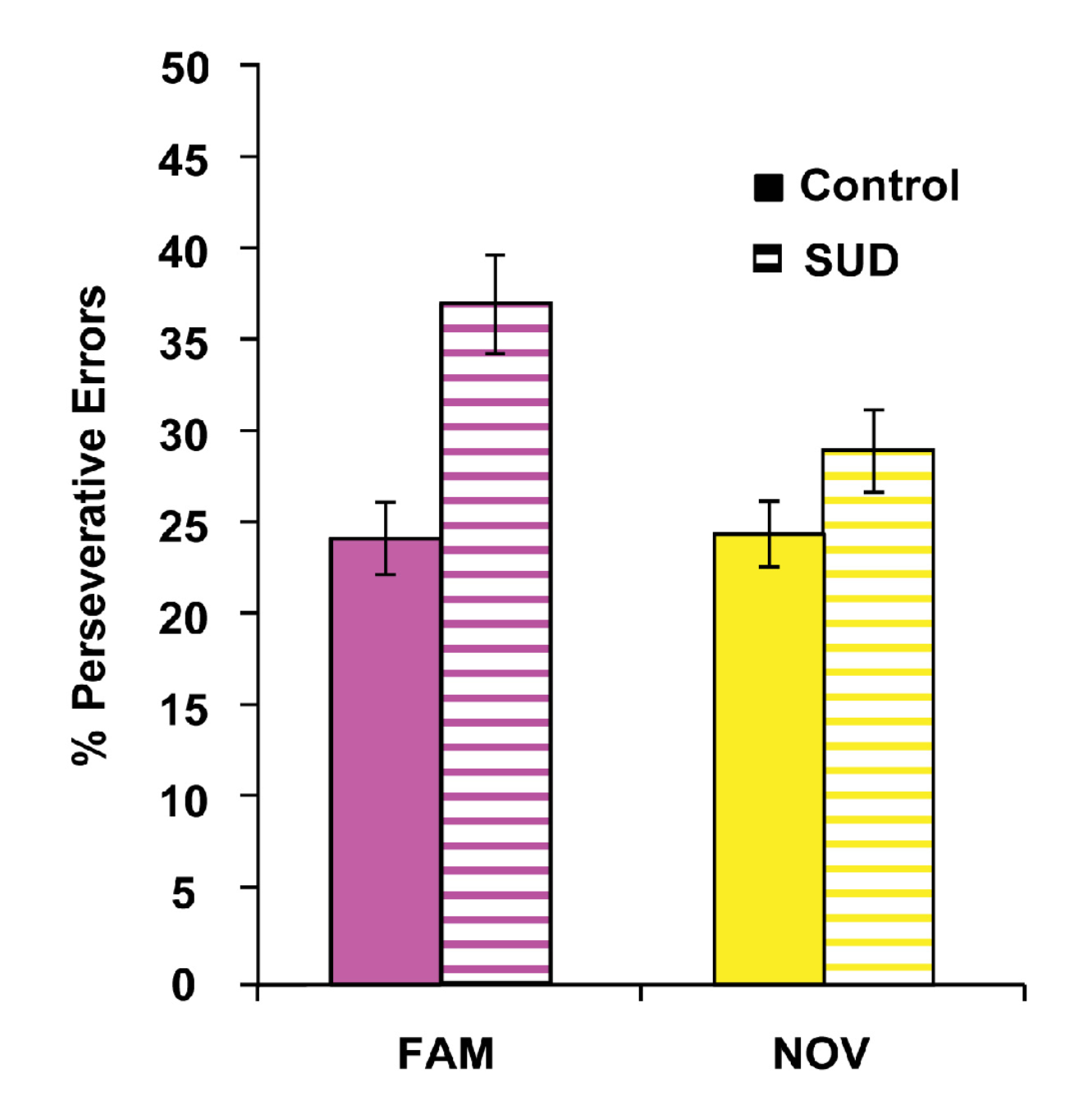Why You Keep Drinking and Expecting it to be Different (E181)
Listen to the full episode in your podcasting app: Apple Spotify other apps
I spent 5 years trying to moderate my drinking, even though I had never successfully moderated before. I was very hopeful that I’d be able to figure it out, but even though I had years of proof for why things would never change, I was convinced I could moderate someday.
Why do we keep trying to moderate?
Drinking makes us less adaptable. We build habitual responses, like drinking, and then we get stuck in this automatic behavior and despite a ton of information coming in that our drinking is bad and makes us miserable, we still can’t change.
To make a change our brain has to select the appropriate behavior, disregard inappropriate behaviors based on what’s going on around you, and then transfer this information into action. It’s thought that heavy drinking makes us unable to select the appropriate behavior or it makes us unable to inhibit and disregard inappropriate behaviors. And because of this we just keep drinking.
Heavy drinkers get stuck in habits
A 2016 human study published in the Journal of Cognitive Neuroscience looked at association learning and breaking in healthy controls versus people who struggled with substances in the past but are now sober.
The group with past history of addiction was able to learn habitual procedures faster than the healthy control group. Something that started out as goal-directed, like drinking wine at night to unwind, quickly transforms into an automatic behavior, like drinking at night even though it causes you to wake up at 3am with anxiety and then hate yourself the next day.
Perseverative errors happen when there’s a rule switch, but the participant continues to apply the same old rules. 24% of the errors made by the healthy control group (control) were perseverative errors, compared to about 37% for the addiction group (SUD). The healthy control group was making of mistakes, like trying to apply the rules and messing up, but what the group with the history of addiction was doing is they were trying to apply the old process they had learned over and over and over.
(McKim 2016)
We can learn new things fine, but we can’t modify what we learn as well. We are at a disadvantage of breaking habits and automatic behaviors, even with proof that what we’re doing is incorrect. They looked at people who struggled with alcohol, stimulants, opioids, and multiple substances and there wasn’t one group that was worse. It’s struggling with addiction itself, it’s not substance specific.
Listen to episode 181 to learn more about habit formation and getting stuck in automatic behavior. Takeaways:
Addiction changes the brain and keeps us stuck in automatic habitual behaviors.
Problem drinkers may take longer to realize the need for change.
Heavy drinking affects cognitive flexibility and inhibits the ability to select appropriate behaviors.
Problem drinkers may be predisposed to forming habits more easily.
The concept of activation energy helps understand the resistance to change and the reinforcement of addiction.
Listen to the full episode in your podcasting app: Apple Spotify other apps
Cite this article:
Tietz, G., Painter, M. Why You Keep Drinking and Expecting it to be Different. Sober Powered. 2023
Sources:
Shnitko et al., 2020. Behavioral Flexibility in alcohol drinking monkeys: the morning after. Alcohol Clin Exp Res.
McKim et al., 2016. Addiction history associates with the propensity to form habits. J Cogn Neurosci.
